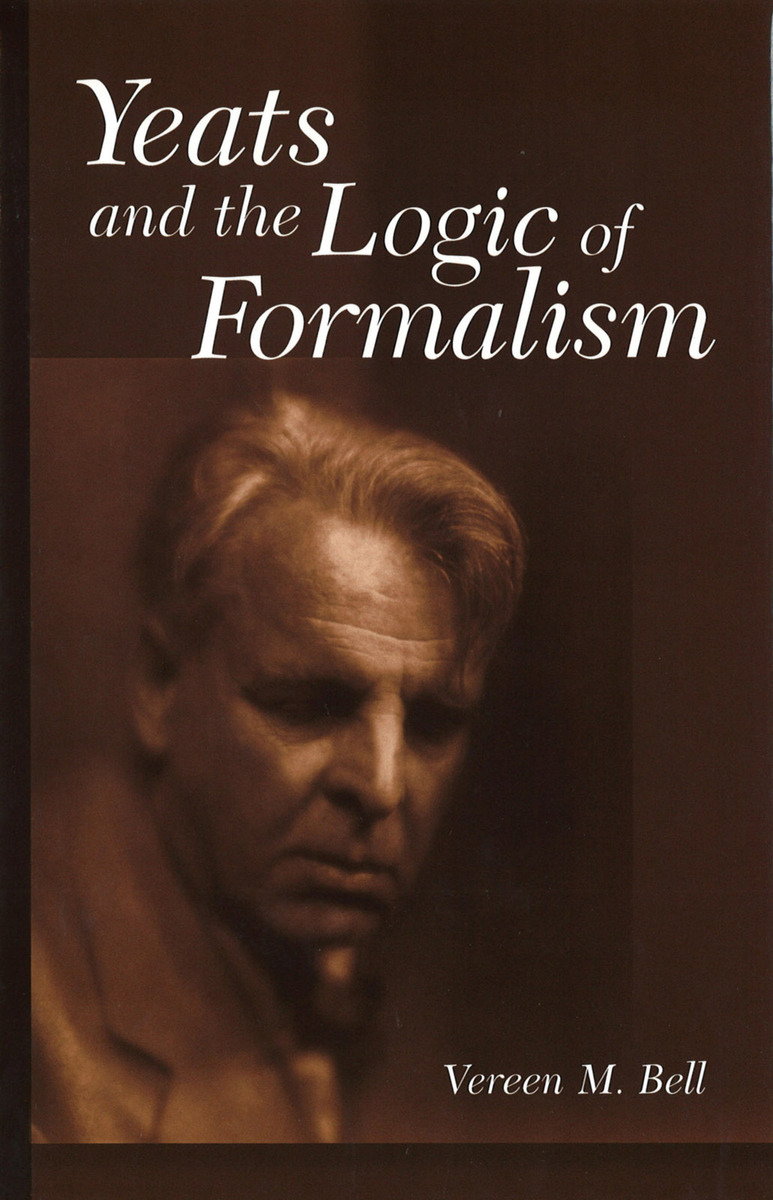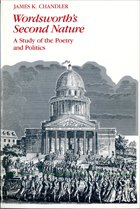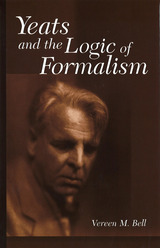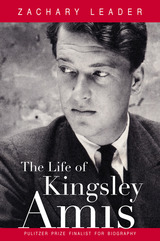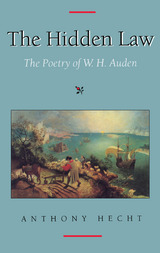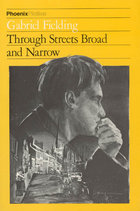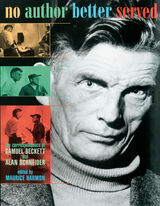Yeats and the Logic of Formalism
University of Missouri Press, 2006
Cloth: 978-0-8262-1612-0 | eISBN: 978-0-8262-6484-8
Library of Congress Classification PR5907.B36 2006
Dewey Decimal Classification 821.8
Cloth: 978-0-8262-1612-0 | eISBN: 978-0-8262-6484-8
Library of Congress Classification PR5907.B36 2006
Dewey Decimal Classification 821.8
ABOUT THIS BOOK | AUTHOR BIOGRAPHY | REVIEWS | TOC
ABOUT THIS BOOK
Yeats and the Logic of Formalism deals with formalism as a philosophy in Yeats’s works and how that in turn affects both his art and his social vision. Vereen M. Bell’s linking of “formalism” and “philosophy” stems from a meditation by Yeats in a manuscript note: “I am always feeling a lack of life's own values behind my
thought. They should have been there before the stream began, before it became necessary to let the work create its values.” In Bell’s reading, formalism is not simply a philosophy of art but a philosophy of life as directed by art—existential at its source and unpredictably political in its applications.
Bell examines formalism as an ideology and evaluates its credibility in Yeats's practice in relation to other theoretical discourses and in the context of the turbulent cultural and historical circumstances under which Yeats worked. He invokes and elaborates upon Edward Said’s reading of Yeats as a special kind of colonial subject. He revisits in this context the issue of how much Yeats and Nietzsche have in common and argues, in the manner of J. Hillis Miller, that the primordial is for Yeats what formalism ultimately sets itself against.
Yeats and the Logic of Formalism mediates between older, traditional readings and recent materialist critiques of Yeats’s work in an effort to restore a balanced perspective. The author centers most of his discussion on Yeats's poems as acts of thought, both as poetry and as a body of ideas. Within this context he
maintains that Yeats as a modernist is essentially aligned with Wallace Stevens in the project of creating supreme fictions. Formalism in this function, he argues, is an ideology without content. As such, it compelled Yeats to remain unsettled in his outlook. On the other hand, it enabled him, as Richard Ellmann has pointed out, to continually adapt and readapt "himself to the changing conditions of his body and mind and of the outside world."
See other books on: 1865-1939 | Logic | Philosophy in literature | Yeats | Yeats, W. B. (William Butler)
See other titles from University of Missouri Press
